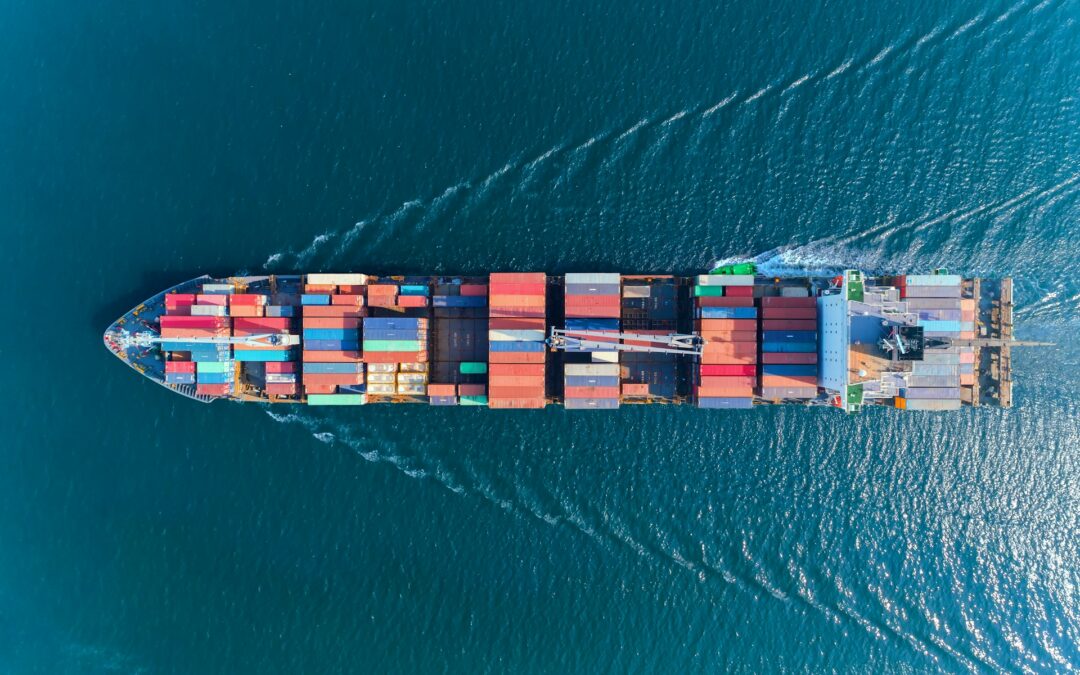As we step into 2024, new export regulations in China are setting the stage for significant shifts in how businesses operate across borders. For those of us dealing with exports, understanding these changes is not just about compliance; it’s about seizing opportunities and mitigating risks in one of the world’s biggest markets. These regulations have been introduced to streamline operations, enhance security measures, and promote sustainable trade practices—all aimed at bolstering China’s economic interests globally.
Navigating these new laws can appear daunting, but we’re here to simplify them for you. Whether you’re a seasoned exporter to China or planning to expand your market presence there, getting a grip on these rules will prove crucial. From revised paperwork requirements to updated customs protocols, each aspect of the new legislation has a direct impact on how we plan and execute our export strategies. Understanding these changes thoroughly will enable us to optimize our operations, ensuring smooth and efficient trade activities. Let’s dive into the specifics of these new regulations and explore how they can reshape the landscape of international trade with China.
What Are the New Export Regulations in China?
In 2024, China introduced several new export regulations that affect how we and other international businesses operate. These changes are vital for anyone looking to maintain or commence trade with Chinese companies. One of the significant updates includes stricter quality control measures and enhanced scrutiny of export documentation. This ensures products leaving China meet international standards, which although increases the compliance burden, also helps in elevating product quality globally.
Another crucial regulation is the enforcement of more stringent rules on data handling and cybersecurity for exported technology-related products. These regulations require businesses to implement advanced security protocols to protect data integrity during exports. Understanding these new regulations is the first step in ensuring our operations continue to align with Chinese legal standards and international expectations. We strive to ensure that all the materials and products sourced through us are compliant, not just at the sourcing point but throughout the entire export process.
How These Regulations Impact Our Business Operations
The new export regulations introduced by China have a profound impact on our business operations, necessitating adjustments in several key areas. First and foremost, the increased regulation means that we have to dedicate more resources to compliance. This involves hiring additional legal and compliance staff, as well as training our current team on the latest requirements. We understand the importance of compliance not just for legal reasons but as a core aspect of maintaining trust and reliability in our business relationships.
Furthermore, the stricter data security measures have led us to invest in upgraded IT systems to protect the integrity of the information we handle. This not only complies with the new laws but also enhances our commitment to safeguarding the data of our clients and partners. The adaptations we have made due to these new regulations ensure that our operations remain efficient and secure, aligning with both national and global standards. By proactive engagement with these changes, we continue to provide seamless service without disruption, affirming our dedication to excellence in all facets of our operations.
Checklist: Complying with 2024 Export Laws
To ensure full compliance with the new 2024 export laws in China, we have compiled a straightforward checklist that encompasses all the key requirements:
- Verify Product Compliance: Before export, ensure all products meet the specific standards outlined by the new regulations. This may involve additional testing and certification, particularly for electronics and mechanical products.
- Review Export Documentation: Double-check that all documentation, including shipping manifests, invoices, and customs declarations, are accurately completed. This includes adhering to the new requirements for detailed product descriptions and data security measures.
- Update Security Protocols: Implement the required cybersecurity measures for technology-related exports, which might involve upgrading IT infrastructure or adopting new data protection tools.
- Train Staff: Make sure that all team members involved in the export process are aware of these regulations and trained in compliance procedures. This includes workshops and ongoing education about updates and changes in export laws.
- Engage with Legal Advisors: Regularly consult with legal experts on trade and export laws to ensure ongoing compliance and to receive guidance on complex regulatory matters.
Tips for Staying Updated on Future Regulatory Changes
Staying informed about regulatory changes in China can be challenging due to the frequency and complexity of updates. Here are some effective strategies we use to keep up to date:
- Follow Reputable Sources: We monitor updates from official Chinese government websites and international trade bodies, which provide credible and authoritative information on regulatory changes.
- Utilize Legal Consultation: Maintaining regular contact with our legal advisors helps us interpret complex legal information and understand how it applies to our business.
- Attend Industry Seminars and Webinars: Engaging in ongoing education through seminars and webinars is crucial. These platforms often discuss recent changes and forecast upcoming adjustments in regulations.
- Join Trade Associations: Being part of trade associations provides access to a network of businesses and experts who share insights and updates about the industry’s regulatory environment.
Conclusion
Navigating the complex landscape of China’s export regulations requires a proactive and informed approach. By understanding the new 2024 laws, ensuring our business operations align with these requirements, following a clear compliance checklist, and staying updated on future changes, we manage to excel in our export activities without legal setbacks. Our commitment to compliance not only enhances our operational efficiency but also builds trust with our partners and clients, ensuring we can focus on growing our business and expanding our international reach.
Daniel Garst’s team specializes in assisting businesses like yours to smoothly navigate the intricacies of the Chinese market. Whether you’re looking to understand new regulations or need comprehensive support with your export activities, we are here to help. Contact our China consultant today to ensure your business stays ahead and fully compliant with all relevant laws, enabling you to succeed in the global marketplace.

